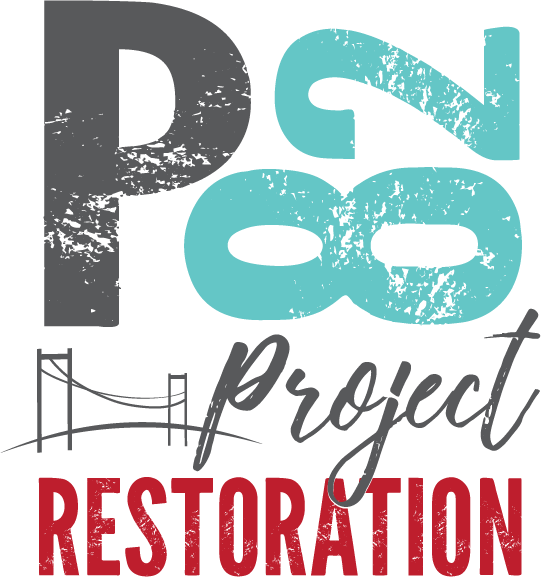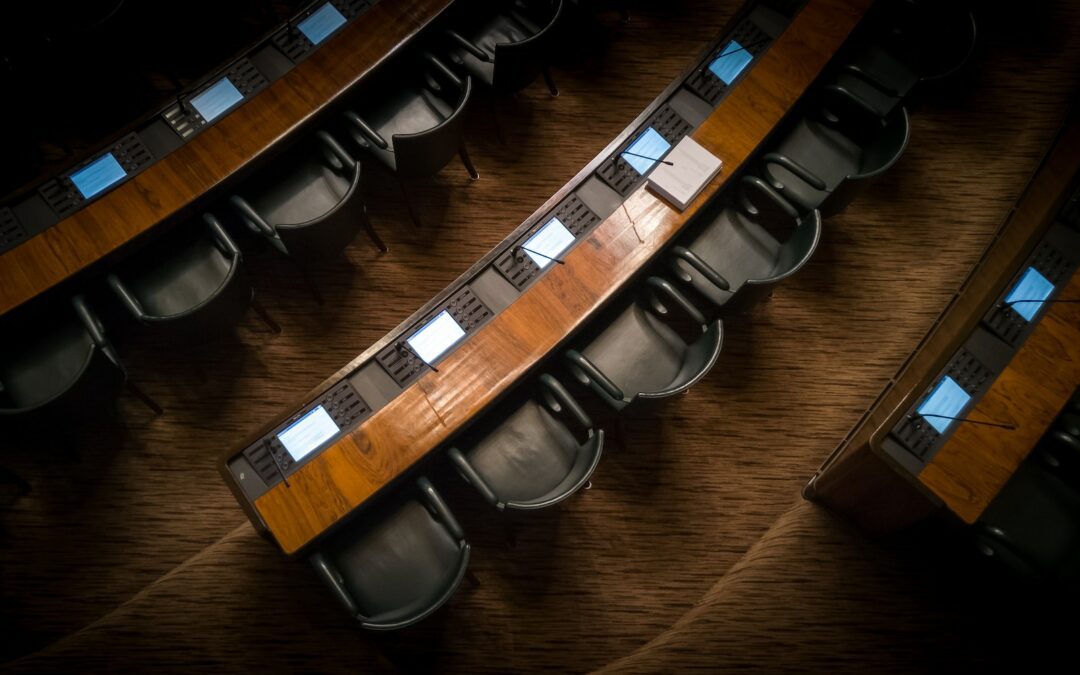Guest post by Rachel Streiff, Family Advocate for the Seriously Mentally Ill
–
In the wake of Arizona’s biggest mental health fraud investigation, the Arizona legislature is about to create barriers to guardianships for disabled individuals, opening up this critical protection to untrained non-professionals.
While the conservatorship and probate reforms in Senate Bill 1291 are valuable in preventing probate abuse, especially regarding financial estates and honoring wishes of elderly or infirm individuals, the last-minute Supported Decision-Making (SDM) amendment will cause harm to Seriously Mentally IlI (SMI) individuals.
Bills introducing the SDM concept have failed to pass numerous legislative sessions, yet this previously quashed content was added to SB1291 as an amendment without enough stakeholder inputs.
Proponents of SDM claim “many, if not most, legal guardianships are unnecessary.” However, current probate law already requires clear and convincing evidence of incapacity when determining guardianships and conservatorships. So-called “less restrictive” options like SDM will leave individuals without intellectual capacity open to exploitation and poor treatment.
Instead of proposing less protective substitutes for guardianships, families of SMI individuals desperately need legislative changes that help facilitate, simplify and encourage more guardianships. Yet none of these families’ voices were heard during testimony on this bill, nor at a Townhall purportedly for this purpose on June 9th, 2023, until after nearly all the lawmakers and attendees had left.
If they had stayed, they would have learned much from families of SMI individuals. These are a few examples I have personally witnessed – attributed to the absence of a legal guardian or that resulted from wrongfully ignoring or excluding an appointed guardian:
Hospitals have engaged in unsafe discharges, giving patients “a bus pass to nowhere,” resulting in street living. Medically complex individuals have been sent to homeless shelters without critical medications, and others lacking mental capacity are discharged with “a bag of meds” to a shelter or unsupervised community placement. Often agitation, violence, or deterioration occurs, sometimes within hours of discharge, due to stopping medications.
Crimes have been committed after refusing hospital admission and treatment, including multiple felonies, arson, public endangerment and one young man that murdered his father.
Individuals in active psychosis will simply run away, expressing delusions like “I need to hop trains and do math research,” “The FBI is after me,” “I am in Bagdad fighting the war,” and “My parents have been replaced by robots.” They may give away possessions to strangers or discard valuables they think are “contaminated.” Untreated individuals have wandered into traffic and been hit by cars. Patients have refused treatment for physical conditions such as wounds, infections, or broken bones.
I have seen evictions, premature deaths, incarcerations, suicides and rampant untreated suffering. There appears to be far more cases of dangerous and disabled individuals in desperate need of a guardian than there are cases of guardian misconduct and exploitation. Just look at our streets.
Apart from the extremely disturbing cases of court-appointed guardians and conservators abusing their roles that were presented during the SB1291 Townhall, there was no data presented showing the rates at which this occurs, how often guardianships are being challenged or revoked, nor the outcomes of SDM as implemented in other states – positive or negative.
We should implement probate safeguards to prevent abuse, but we should not promote unsafe alternatives such as SDM for individuals with SMI that create additional barriers to treatment and care. The SDM amendment in SB1291 is a poor tradeoff.

